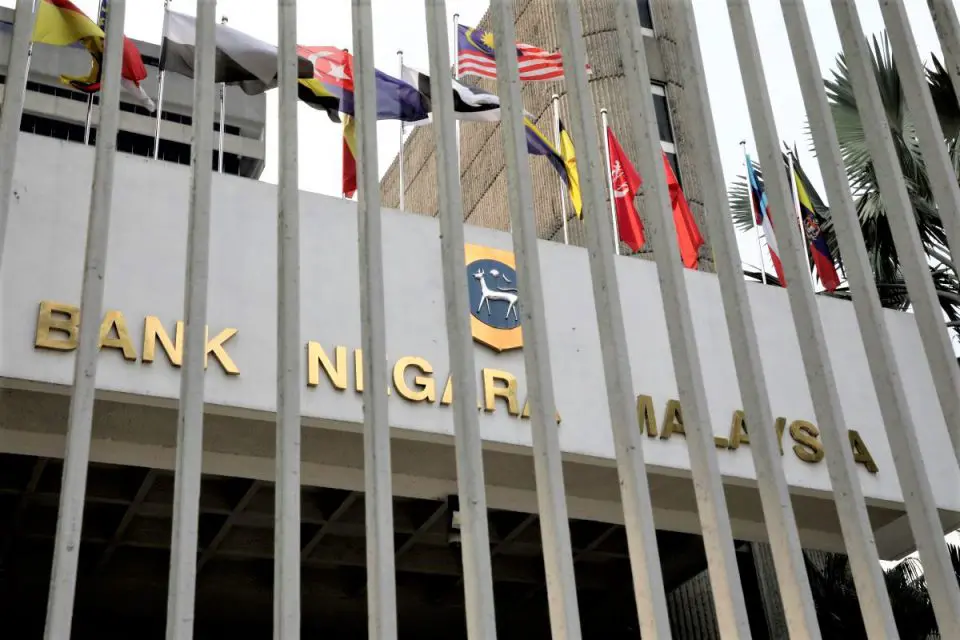KUALA LUMPUR, Nov 13 — Everyone, who has been affected by the pandemic, will receive help, Bank Negara Malaysia (BNM) Governor Datuk Nor Shamsiah Mohd Yunus said, quashing misconceptions that are being circulated on targeted repayment assistance.
“The common misconception is that without a blanket moratorium, borrowers in difficulty will not get help, (instead) the help is for everyone who has been affected by the pandemic, including extension of the moratorium,” she said.
Those who have lost their jobs, especially in the tourism sector, have received a three-months blanket moratorium and extension will be given if they are unemployed.
She said help remained for those who are in need and borrowers have the choice of a more tailored solution to suit their financial needs.
“Another common misconception is that they need too many documents. It is not the case. For the B40, the banks have access to the BSH (Bantuan Sara Hidup) and BPR (Bantuan Prihatin Rakyat) recipients. So, the banks are able to identify (them),” she said during a Senior Editors briefing on Thursday.
Microenterprises need not give any documents and only minimal documents are required from small and medium enterprises (SMEs) to assist the banks in giving borrowers the right advice.
So far, a total of 640,000 applications for assistance have been received, with an approval rate of 98 per cent, of which 40 per cent have secured extension of moratorium and 60 per cent a reduction in instalment.
She also reiterated that the applications for all targeted repayment assistance before June 30, 2021 will not appear on the borrowers CCRIS records.
The Central Credit Reference Information System (CCRIS) is basically a centralised database which offers a picture of one’s financial health.
“And if they are unhappy on anything, they can always complaint to Bank Negara. I can assure you that Bank Negara acts on every single complaint that it receives,” said Nor Shamsiah.
Asked whether the blanket moratorium was a mistake and the targeted moratorium approach should have been taken from the start, she said: “No. At that point it was the right decision as everything came to a complete halt.
“So, during the movement control order (MCO), it was right to have a broad-based measurement and provide an immediate relief in the form of a blanket moratorium to all households and SMEs borrowers.
“When your economy is contracting by nearly 30 per cent. That was the right policy to minimise permanent scarring of the economy.”
Malaysia’s economy dipped 17.1 per cent in the second quarter of 2020 as the country went into a lockdown with a strong enforcement mechanism to stem the spread of Covid-19 disease. The brunt of the lockdown was felt in April 2020 when the Gross Domestic Product (GDP) dipped 28.6 per cent year-on-year.
However, now everything has bounced back from the setbacks.
After the MCO, some have started recovering and repayment.
“So, there is recovery, but there are those who are still in need (for instance the tourism sector) and they are getting the necessary help in the form of targeted assistance,” she said.
She said balancing the needs of different stakeholders is critical and borrowers should be given a choice amid individual circumstances.
“Many borrowers started to resume repayments even prior to the end of moratorium,” said Nor Shamsiah.
She said 89 per cent of SME borrowers have started repayment as of September 2020 compared with the first quarter of this year and for households it is 73 per cent.
— Bernama





